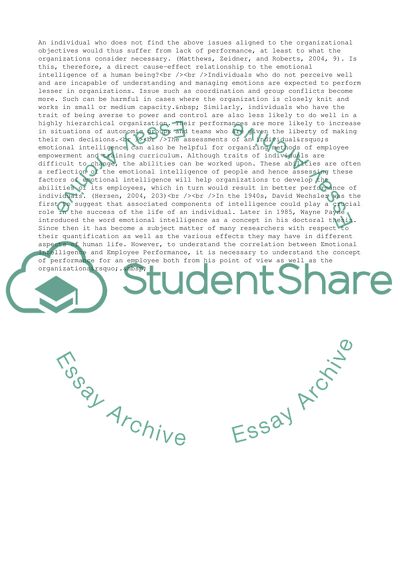Cite this document
(The Relation between Emotional Intelligence and Employee Performance Assignment - 13, n.d.)
The Relation between Emotional Intelligence and Employee Performance Assignment - 13. https://studentshare.org/business/1751284-business
The Relation between Emotional Intelligence and Employee Performance Assignment - 13. https://studentshare.org/business/1751284-business
(The Relation Between Emotional Intelligence and Employee Performance Assignment - 13)
The Relation Between Emotional Intelligence and Employee Performance Assignment - 13. https://studentshare.org/business/1751284-business.
The Relation Between Emotional Intelligence and Employee Performance Assignment - 13. https://studentshare.org/business/1751284-business.
“The Relation Between Emotional Intelligence and Employee Performance Assignment - 13”. https://studentshare.org/business/1751284-business.


